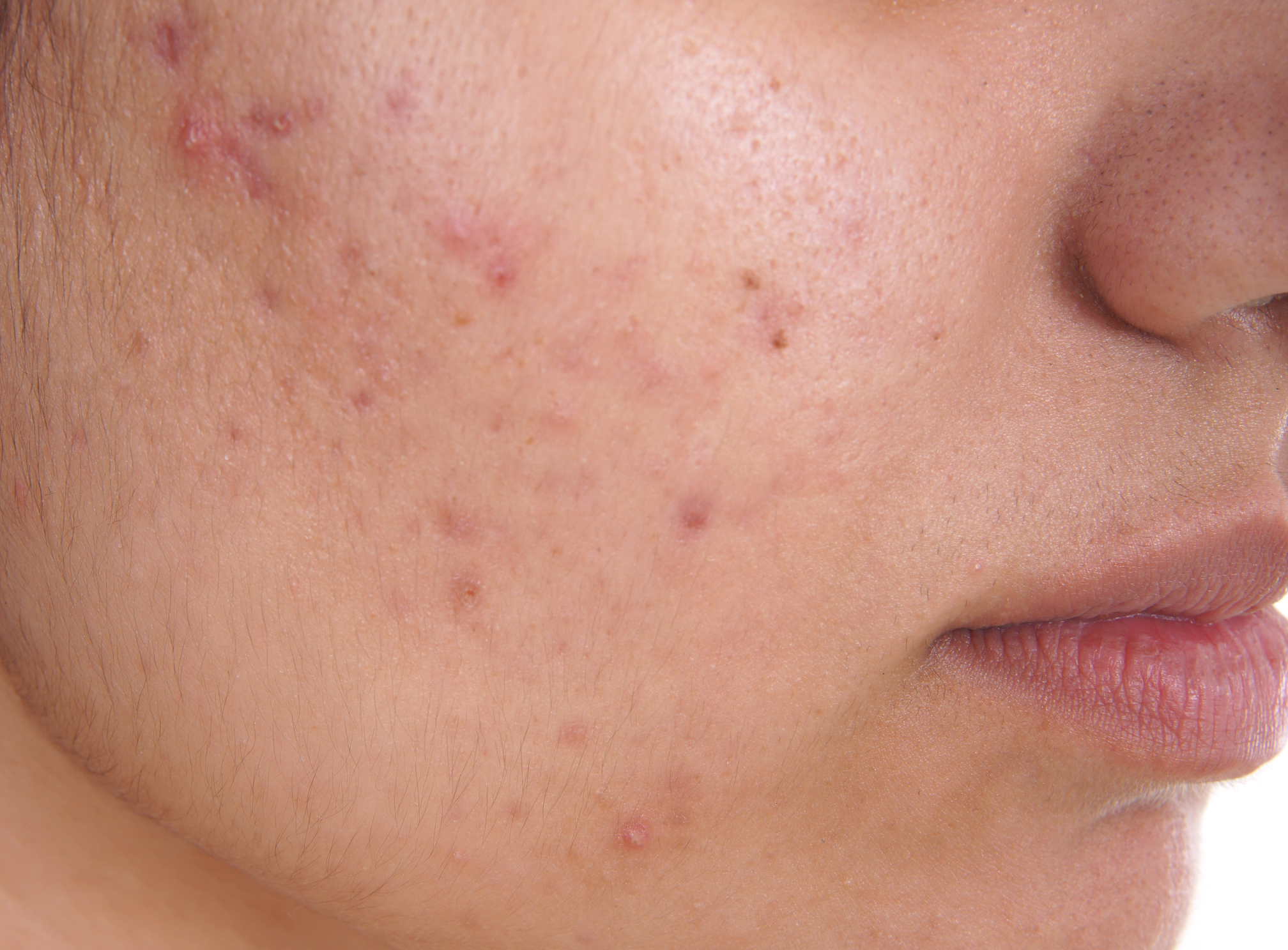
Acne is a very common condition that will affect most of us at some time in our lives. It is often mild, however it can have significant psychological and social consequences. However, in almost all cases, even severe acne can be effectively treated. .
Acne reflects results blockage of hair follicle openings 'pores'. The different types of lesion seen in acne reflect stages in the evolution of blockage of the hair follicle:
The following are common causes for acne breakouts:
During an acne consultation, I will begin by asking you to tell me in your own words about your skin - how long you have been suffering from acne, what treatments you have tried, how it is affecting your life, what your current skincare routine entails and whether you have any other skin concerns. I will also ask you about your general health and any previous treatments that you have used.
Next, I carefully carefully examine your skin with the aid of dermoscopy (skin surface microscopy). During this examination I will confirm that the diagnosis of acne is correct (certain other conditions such as rosacea, papular rosacea or milia can be mistaken for acne). I will determine the types of acne lesions (see above) that are present, the severity of your acne and whether the distribution of the lesions gives any clue as to the causes.
At this point I will discuss with you the treatment options. This will be influenced by the following considerations:
It may be that there is more than one possible treatment that is suitable for you and a significant part of the consultation will be spent in weighing up the advantages and disadvantages of these different options and helping you to decide on a treatment plan. I will also advise you on your skincare routine.
Mild acne can usually be treated with topical treatments (i.e. creams and lotions). Where topical treatments are not effective I will move on to tablet treatments. With moderate acne there are more numerous acne lesions and early scarring can be present. Topical treatments are less effective and a tablet treatment is often required.
Inflammatory acne affecting the chin and jawline area in women can be driven by increased levels of the male sex hormone testosterone (which is naturally present at low levels in women as well). In my experience topical treatments are less effective, however tablets which block the male sex hormone can be effective.
With severe acne there are widespread lesions and it is important to treat promptly and effectively to minimize scarring. This will almost always require a systemic (tablet) treatment.
In order to get the most from your consultation and ensure that all of your concerns are addressed there are a few things that you can do in advance:
To book an in person consultation, enter your details below and my practice management team will contact you to schedule the appointment. Alternatively call 0203 389 6076 (calls are answered during working hours) or email: contact@drmagnuslynch.com.